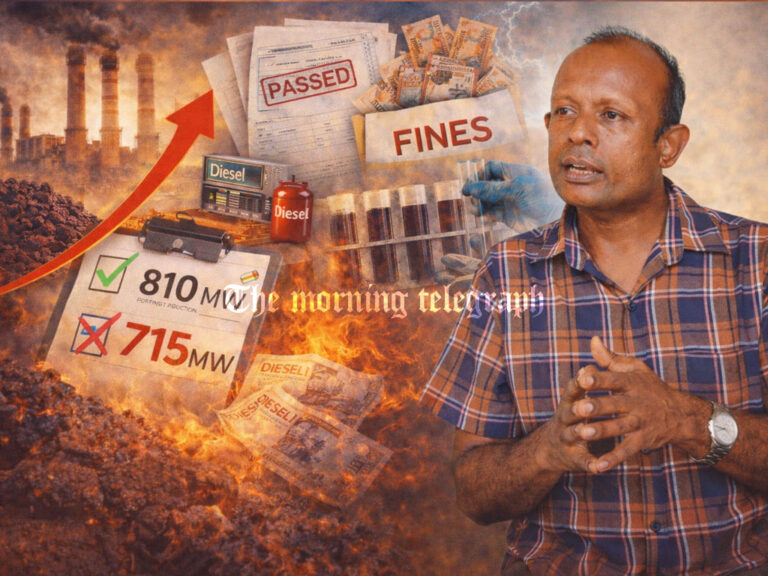
Israel has reportedly killed senior Hezbollah commander Ibrahim Aqil in an airstrike on a densely populated residential neighborhood in Beirut, along with at least 11 others. The attack, which targeted a meeting of Hezbollah leaders, marks a significant escalation in the ongoing conflict between Israel and the Lebanese militant group.
Two Lebanese security sources confirmed Aqil’s death in the attack, which took place on Friday. Aqil had recently become Hezbollah’s second-in-command following the assassination of Fuad Shukr in a similar Israeli strike on Beirut in July. The targeted meeting was reportedly held between Hezbollah’s elite Radwan special forces and the Abbas Brigades in a tunnel under a residential building in southern Beirut’s Jamous neighborhood.
The use of this location has sparked concerns within Hezbollah about the extent to which Israeli intelligence has infiltrated its ranks. The fact that this meeting site was used for the first time has prompted an internal investigation within Hezbollah to assess possible security breaches. Sources close to Hezbollah suggest that Israeli infiltration could be significant, particularly in the organization’s leadership circles.
Lebanon’s civil defense reported that the strike caused the collapse of two buildings, leaving at least 12 dead and around 60 wounded. Eyewitnesses described a scene of chaos, with bodies being pulled from the rubble and people frantically searching for missing relatives. Lebanese Prime Minister Najib Mikati condemned the attack, accusing Israel of disregarding humanitarian, legal, and moral considerations.
Hezbollah retaliated by firing rockets at Israel’s main intelligence headquarters in northern Israel, accusing the country of carrying out the assassination. The group said it would continue its military actions in solidarity with Palestinians in Gaza, though it reiterated that it does not seek a full-scale war with Israel.
Aqil, a long-serving Hezbollah commander, was closely tied to the group’s leader, Hassan Nasrallah, and played a pivotal role in its operations, including the intervention in the Syrian civil war in support of President Bashar al-Assad. The United States had placed a $7 million bounty on Aqil, accusing him of involvement in the 1983 bombing of the U.S. embassy in Beirut, which killed 63 people, and the bombing of a U.S. Marine barracks later that year, which killed 241.
Analysts say that Israel’s strategy of systematically targeting Hezbollah commanders is weakening the group’s command structure but is unlikely to force its collapse. Randa Slim, an expert at the Middle East Institute, emphasized that while Aqil’s death is a major blow, Hezbollah’s deep roots and robust infrastructure will allow it to continue its operations. Slim also pointed to parallels with Hamas, whose leader, Yahyia Sinwar, spent significant time purging Israeli spies from its ranks before launching the 7 October attack on Israel.
The strike on Aqil follows a series of deadly Israeli attacks in Lebanon, including explosions that killed 37 people earlier in the week. Hezbollah has sustained heavy losses in the nearly year-long conflict with Israel, which began shortly after the October 7 Hamas-led attack on Israeli communities near Gaza. Hundreds of Lebanese civilians and Hezbollah fighters have died in the fighting, while dozens of Israelis have also been killed.
Israel’s continued airstrikes in southern and eastern Lebanon have displaced tens of thousands, raising fears of a broader regional war. Countries such as Russia, Jordan, and Egypt have warned that Israel’s actions could drag the entire Middle East into further conflict.
Hezbollah, born out of resistance to Israel’s 1982-2000 occupation of southern Lebanon, has vowed to continue its military operations until a ceasefire is reached between Hamas and the Israeli government. However, the group’s internal security crisis, revealed by the recent attacks and the assassination of its leaders, poses serious questions about its ability to prevent further infiltrations and maintain its operational capabilities amidst the ongoing conflict.




